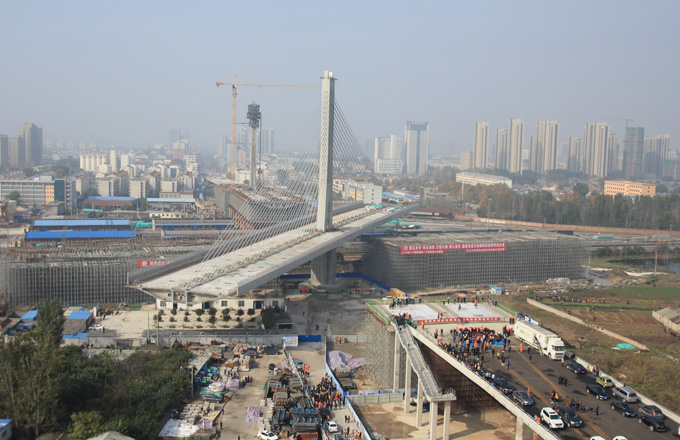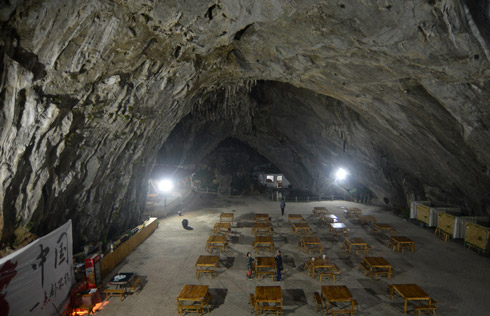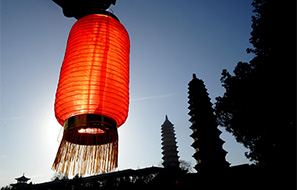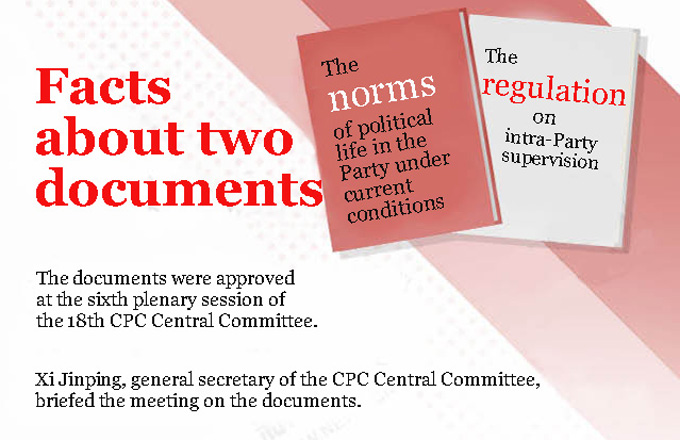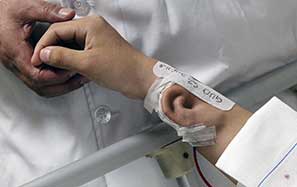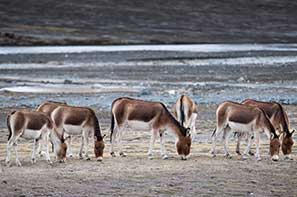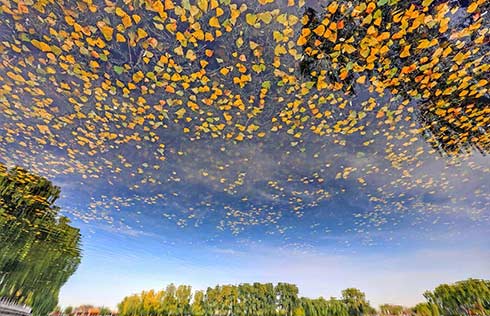Frugality drive gets popular support
NANCHANG - The Chinese public is starting to take notice of efforts to fight corruption, as government leaders have sworn to ditch extravagance and uphold frugality.
The latest example of the government's efforts came Tuesday, when the head of a state-owned enterprise was suspended from his post for attending a luxury banquet after one of the diners wrote about the event online.
Communist Party of China (CPC) discipline authorities in the city of Zhuhai in South China's Guangdong province have ordered Zhou Shaoqiang, general manager of Zhuhai Financial Investment Holdings Co., Ltd., to step down after exceeding spending standards for the expensive dinner.
Zhou and 16 others attended a banquet at a local restaurant on January 4 that cost 37,517 yuan ($5,974), including 12 bottles of expensive red wine.
While Zhou denied that the participants had drunk 12 bottles of red wine, saying that only six bottles were drunk, his case has garnered attention from netizens amid a central government call to uproot corruption.
The Political Bureau of the CPC Central Committee issued a package of rules requiring officials to improve their work style and refrain from excessive spending in early December.
However, the Chinese public is closely watching the outcome, as there are questions as to how strictly the rules will be implemented.
Netizens have questioned luxury banquets held to celebrate the relocation of villagers' committee in Qianwang village in economically less-developed county of Shangrao, East China's Jiangxi province, as well as criticized officials who have ignored rules regarding traffic controls during official visits.
Their concerns have been met with some action on the part of the government. In Shangrao of Jiangxi province, the local government has sacked three officials for their participation in the relocation banquets.
"Internet supervision is a sword of Damocles for officials, as it helps to fill in blind spots in existing governmental supervision," said Jia Guixin, deputy chief of the Shanxi Provincial Academy of Social Sciences.
Experts said public anger regarding official corruption indicates that their expectations for how the government should behave have been raised.
Xu Yaquan, an associate professor at the Journalism School of Nanchang University, said the growing popularity of online muckraking has aided the implementation of the government's anti-corruption guidelines.
"Be they supervisors, observers or promoters, Internet users are boosting authorities' efforts to build a clean government," Xu said.
The public's growing confidence in its ability to oversee the government's performance has been boosted by authorities' vows to conduct their work in a more frugal manner.
The public can feel the changes brought by the anti-extravagance campaign. Flower sales in south China's city of Guangzhou have plummeted by 40 percent, as the large orders of flowers that used to be placed by local government departments are no longer being made. Restaurants have also reported receiving fewer booking requests.
Qin Gang, a professor at the Party School of the CPC Central Committee, called for institutionalization of anti-extravagance requirements and giving full play to the public supervision in this regard to ensure full immplementation of relevant rules.
Related:
Special: Austere China bans extravagance, bureaucracy
China bans 'gift giving' ads for anti-corruption
The extravagant waste of Chinese banquets
China's anti-waste campaign revives frugality
China intensifies audits to combat extravagance






